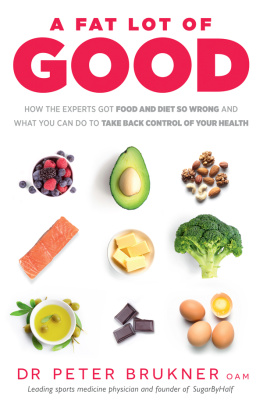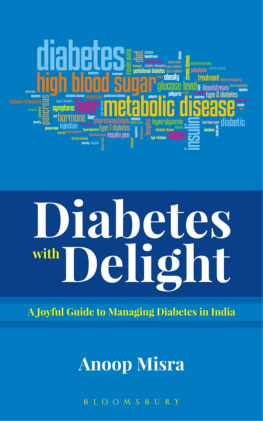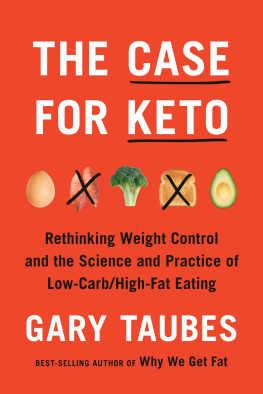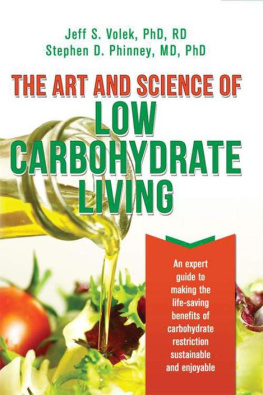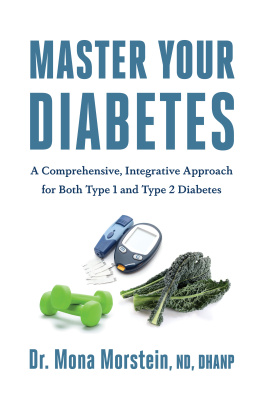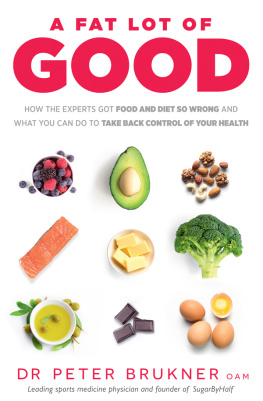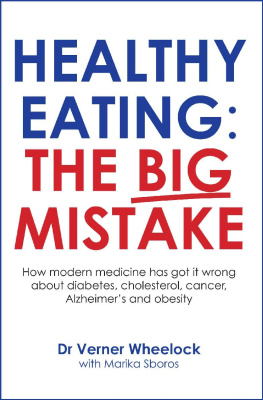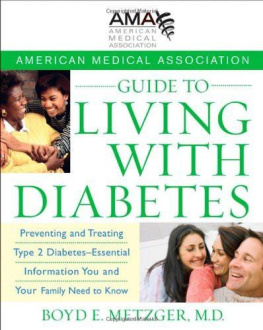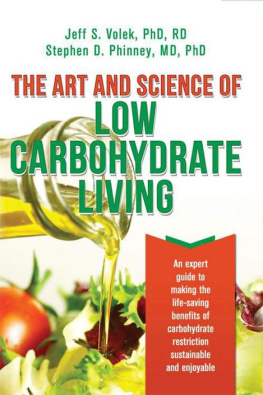Contents

About the Book
Like most doctors, Peter Brukner was trained to believe that drugs and surgery are the answers to all medical problems including the epidemics of obesity, diabetes and other modern illnesses that are threatening our lives and burdening our healthcare system. A world-renowned sports physician, for years he advocated the established dietary and exercise guidelines in good faith: cut out saturated fat, eat more complex carbohydrates and rely on exercise to lose weight. But all that changed when, put in the patients seat with health issues of his own, his research led to a shocking realisation that overturned a lot of the medical truth hed taken for granted: our dietary guidelines and food pyramid have no scientific basis. In its pursuit of profit, big business has made us all victims of a 40-year low-fat experiment thats proven to be a total failure.
Now, Dr Brukner is on a mission to bust the dietary myths that have been making us sick and help us make simple changes for long-lasting energy, weight loss and wellbeing. In straight-talking style, he explains the amazing benefits of a low-carb, healthy fat lifestyle which helped him lose 13 kilos in 13 weeks and reveals the fascinating importance of insulin, inflammation and the gut microbiome in how our bodies function.
Packed full of the latest scientific evidence, countless practical tips and a collection of nutritionally balanced recipes to get you started, A Fat Lot of Good is the complete toolkit for building the healthy lifestyle thats right for you.


Contents
Foreword
Shane Watson
Australian cricketer
I have had the absolute pleasure of knowing Dr Peter Brukner personally from the day when he came on his first tour with the Australian Cricket Team in Dubai in 2012. Of course, Id already heard about the famous Dr Brukner from my days studying anatomy and physiology at university, where we were using the textbook Brukner & Khans Clinical Sports Medicine as our bible, to his high-profile work with the Olympic teams, the Socceroos and especially Liverpool in the English Premier League. So I certainly knew how privileged we were at the Australian Cricket Team to have someone of his calibre on tour with us to look after and guide us.
Doc Brukner (as I call him) and I spent a lot of time together on tour especially our almost daily dry needling sessions, which hes a master at! so I had the opportunity to get to know him extremely well. The thing that stands out to me the most about Doc is how much of a realist he is in an industry in which people get seriously caught up in all of the propaganda and the supposed truths that sweep up entire generations.
The big catalyst for my own low-carb, healthy-fat journey was on Australias infamous tour of India in 2013, where Doc started to open my eyes up to another world of health principles that was so different to anything that I had previously studied, heard about or witnessed. Noticing that Doc had trimmed down quite a bit, I was very interested to find out the techniques hed used to attain his svelte new figure and so started my education about a world that I had thought I knew pretty well. As elite cricketers we were always told: load up on carbohydrates before a big game, and eat low-fat to keep your skin folds (or body fat percentage) at an optimal range. So Id do a cycle of carbo-loading before a days play to ensure that I had plenty of energy in case I had a big day of batting and bowling. But in reality, if the day didnt work out to plan as it often didnt I ended up with all of this carbohydrate to store, which made keeping my skin folds at the optimal level a constant challenge. Now I can see that that approach just doesnt make sense.
Doc was very generous in sharing his tips from his personal experience, and thanks to his recommendations I also started to read some life-changing books: Why We Get Fat and What to Do About It by Gary Taubes, The Real Meal Revolution by Tim Noakes and Salt, Sugar, Fat by Michael Moss. They started me on a fascinating journey of self-education, explaining in shocking detail the misleading propaganda and cover-up of facts in the US in the 1960s, and giving me a new-found understanding of why I had a family history of type 2 diabetes. It also brought much-needed logic to my inexplicable battle to maintain my weight and skin folds even while devotedly following the dietary advice Id been given as an athlete.
Doc and I would chat for hours about all of the various issues that surround peoples health, good or bad, and how so much of this could have been and still can be prevented by providing everyone with very simple and, most importantly, accurate information that they can apply to their own lives. We have the right to know how simple it is to prevent the many diseases that cripple our society, and yet were still being fed information thats incorrect, or from hidden sources, or subject to huge conflicts of interest centred around money and power instead of the needs of society and future generations.
Thats why A Fat Lot of Good is so brilliant. You will never have to read any other book on this topic: it brings together all of the information that you could need to know about the myths and mistruths that have led us away from good health, and the practical steps we can all take to set us back on the right path for life. I have no doubt that you will enjoy reading it as much as I did and that this new understanding will be as life-changing for you as it has been for me.
Introduction
Im Peter Brukner, a 65-year-old sport and exercise medicine physician, academic and author. Ive spent the past 35 years looking after the injuries and illnesses of athletes, from recreational to elite, at the Olympic Park Sports Medicine Centre in Melbourne, which I founded in 1987.
Im the co-author of the most widely read sports medicine textbook in the world, Brukner & Khans Clinical Sports Medicine , and Ive been instrumental in establishing sports medicine as a recognised medical specialty in Australia through the Australasian College of Sports Physicians, for which I was a founding member and have served two terms as president.
I have also been fortunate enough to be the team doctor for Melbourne and Collingwood AFL clubs; our national swimming, hockey, athletics, soccer and cricket teams; Liverpool in the English Premier League; the Australian Atlanta (1996) and Sydney (2000) Olympic teams; and numerous Commonwealth Games and World Championships teams.
So why would I give all that up? After all, as everyone tells me, its the best job in the world.
Like most doctors, I was trained to believe that drugs and/or surgery are the answers to all medical problems. I was not particularly interested in preventive medicine, although Id always had an interest in sports nutrition. In fact, I co-authored the first Australian book on sports nutrition, Food for Sport . But after that I gradually lost interest in that area of medicine. Like many members of the medical profession, I tended to be dismissive of any alternative diets or lifestyle changes.
But all that changed a few years ago when my own increasing weight and health issues were not being resolved by the standard medical and dietetic practice. I was the doctor who became the patient, the person with a problem to resolve, or else suffer the consequences.

